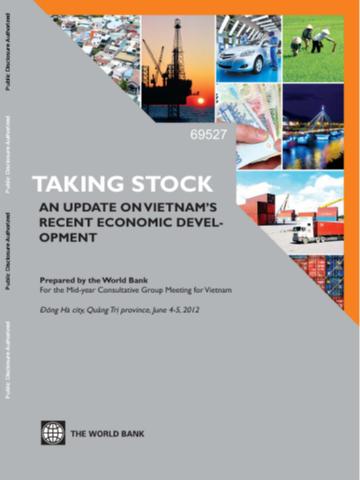The Prototype Carbon Fund in Latin America : Lessons Learned
Reducing emissions of carbon dioxide and
other greenhouse gases that affect climate change is one of
the key challenges facing the international community. The
Bank's Prototype Carbon Fund (PCF) provides a framework
for action, learning, and research to demonstrate how
greenhouse gas emission reduction transactions can
contribute to sustainable development, while lowering the
costs of compliance with the Kyoto Protocol-the 1997


